Seizures
Recent articles
Widely used calcium imaging protocol can lead to spurious results, new paper cautions
The technique, which measures calcium currents as a proxy for neuronal firing, sometimes reports unusual and potentially misleading waves of activity in the hippocampus.
Widely used calcium imaging protocol can lead to spurious results, new paper cautions
The technique, which measures calcium currents as a proxy for neuronal firing, sometimes reports unusual and potentially misleading waves of activity in the hippocampus.
Tail of hippocampus may be hub for seizures in mice and people
This little-studied subregion, called the fasciola cinereum, could be a new surgical target for people with treatment-resistant epilepsy.

Tail of hippocampus may be hub for seizures in mice and people
This little-studied subregion, called the fasciola cinereum, could be a new surgical target for people with treatment-resistant epilepsy.
RNA drug corrects calcium signaling in chimeric model of Timothy syndrome
The drug, tested in rats that have human neurons, could enter clinical testing as early as next year, researchers say.
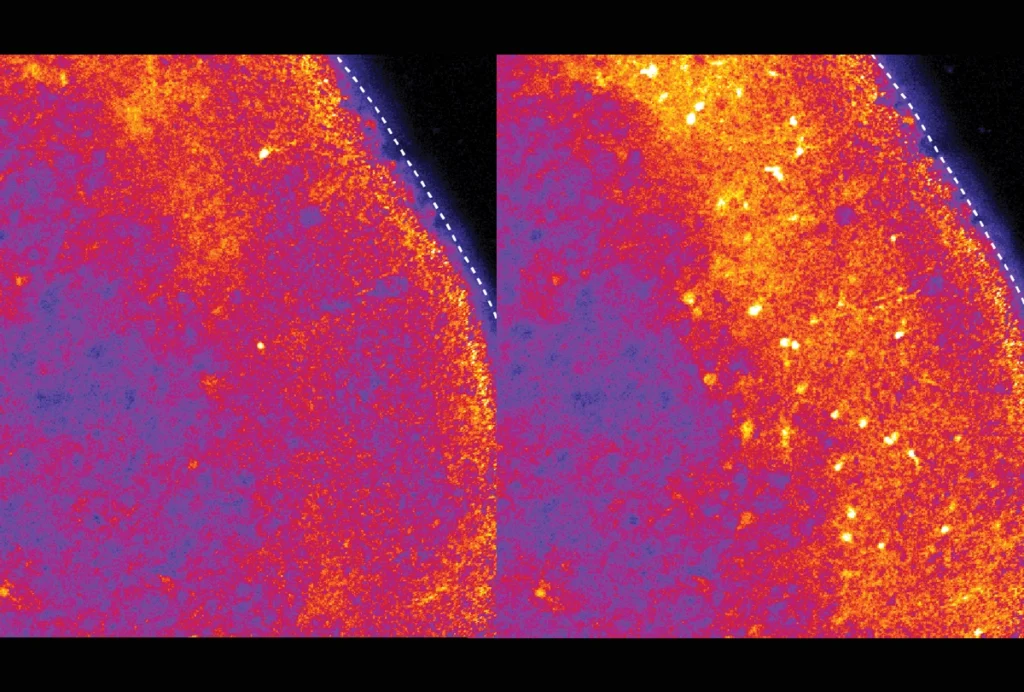
RNA drug corrects calcium signaling in chimeric model of Timothy syndrome
The drug, tested in rats that have human neurons, could enter clinical testing as early as next year, researchers say.
On a bold mission to re-engineer brain parts
A European consortium is on a quest to restore typical brain activity in people with epilepsy, using a mash-up of custom organoids, microelectronics and artificial intelligence.
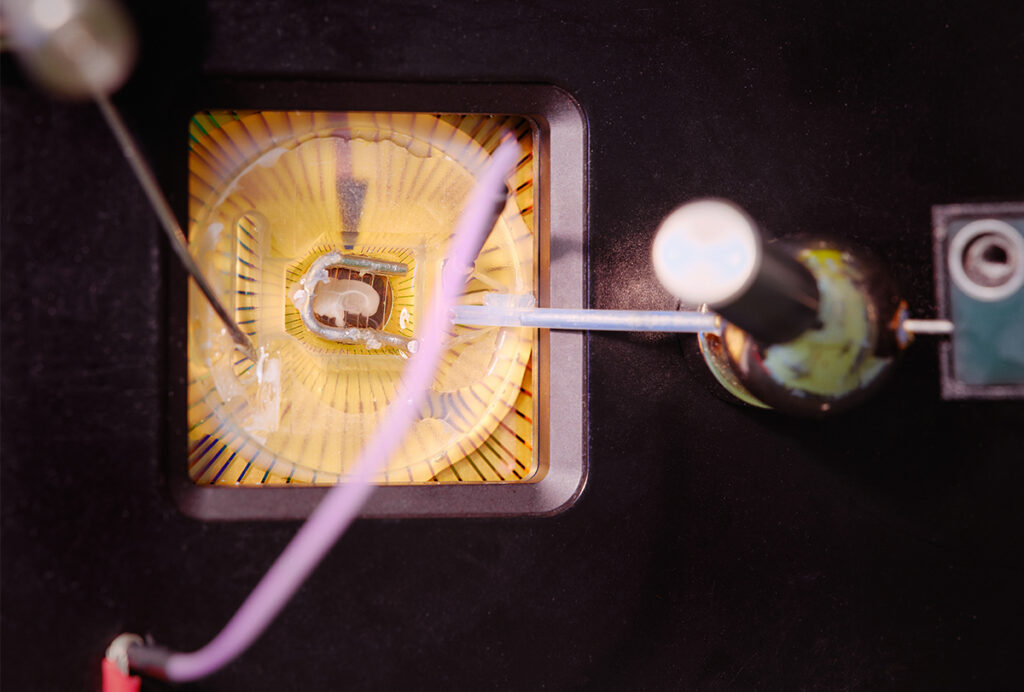
On a bold mission to re-engineer brain parts
A European consortium is on a quest to restore typical brain activity in people with epilepsy, using a mash-up of custom organoids, microelectronics and artificial intelligence.
From a scientist’s perspective: The Transmitter’s top five essays in 2023
From big-picture debates about theories and terms to practical tips for teaching and writing, our favorite expert-written articles offer a glimpse into what neuroscientists are thinking.
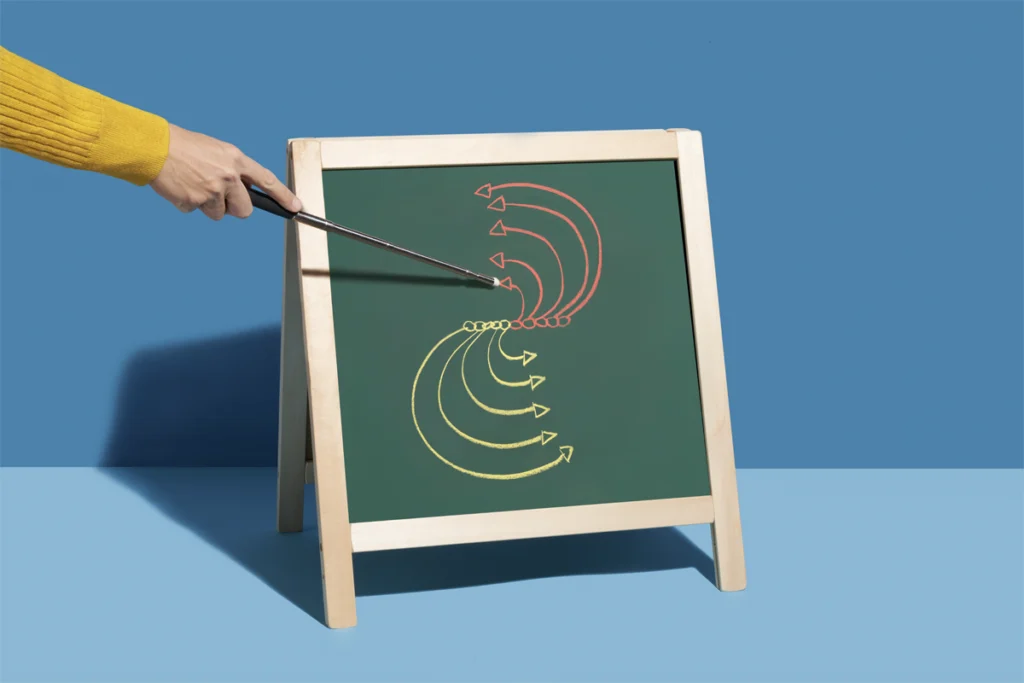
From a scientist’s perspective: The Transmitter’s top five essays in 2023
From big-picture debates about theories and terms to practical tips for teaching and writing, our favorite expert-written articles offer a glimpse into what neuroscientists are thinking.
Is the brain uncontrollable, like the weather?
The brain may be chaotic. Does that mean our efforts to control it are doomed?
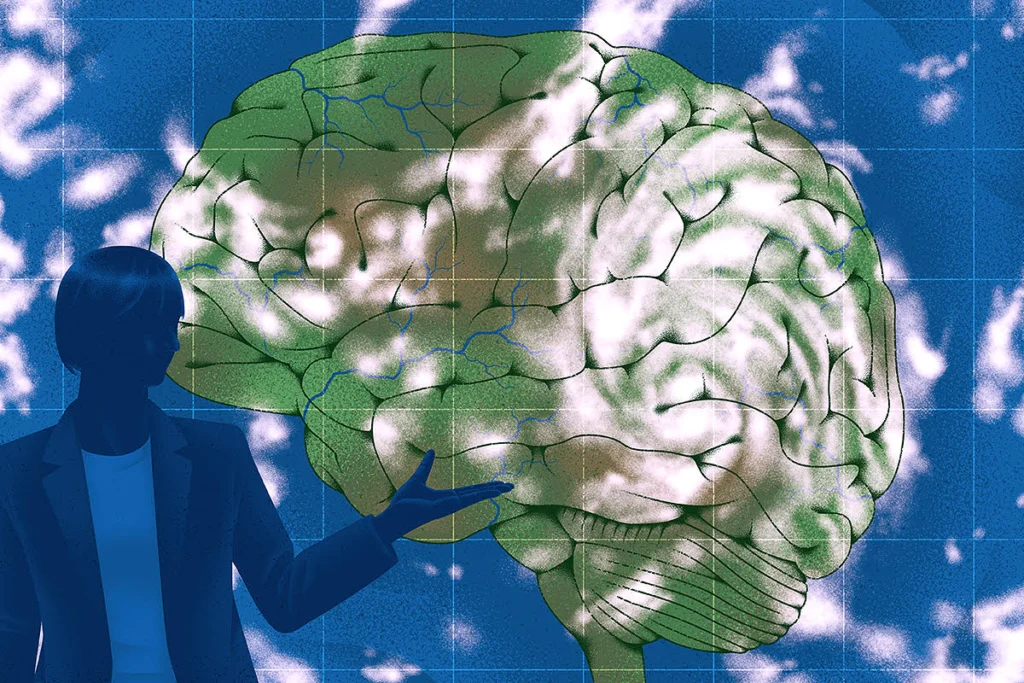
Is the brain uncontrollable, like the weather?
The brain may be chaotic. Does that mean our efforts to control it are doomed?
New template streamlines sharing clinical trial results
This month’s Going on Trial newsletter explores a new tool for communicating with clinical trial participants and their families, among other drug development news.
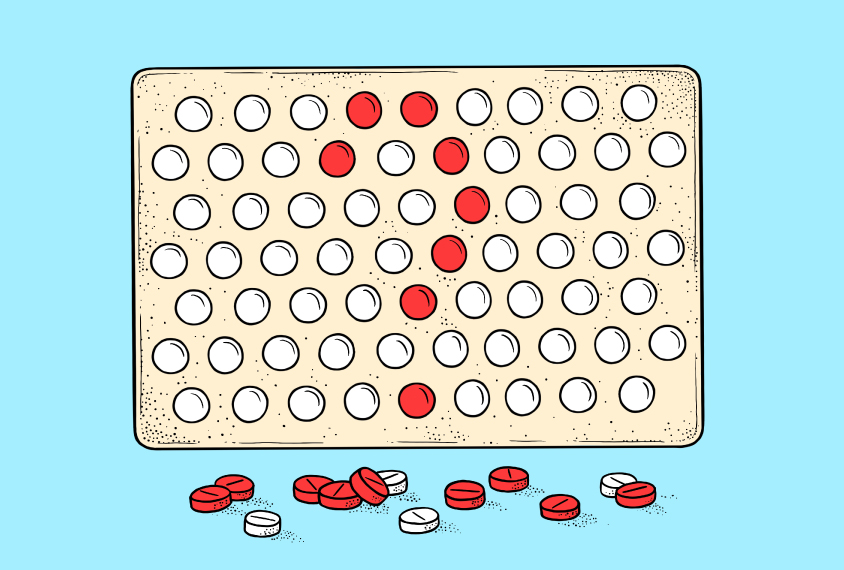
New template streamlines sharing clinical trial results
This month’s Going on Trial newsletter explores a new tool for communicating with clinical trial participants and their families, among other drug development news.
Some social issues in DYRK1A model mice stem from faulty inhibitory circuits
Alterations in inhibitory circuits and difficulties in social recognition characterize mice missing one copy of DYRK1A, a gene linked to autism.
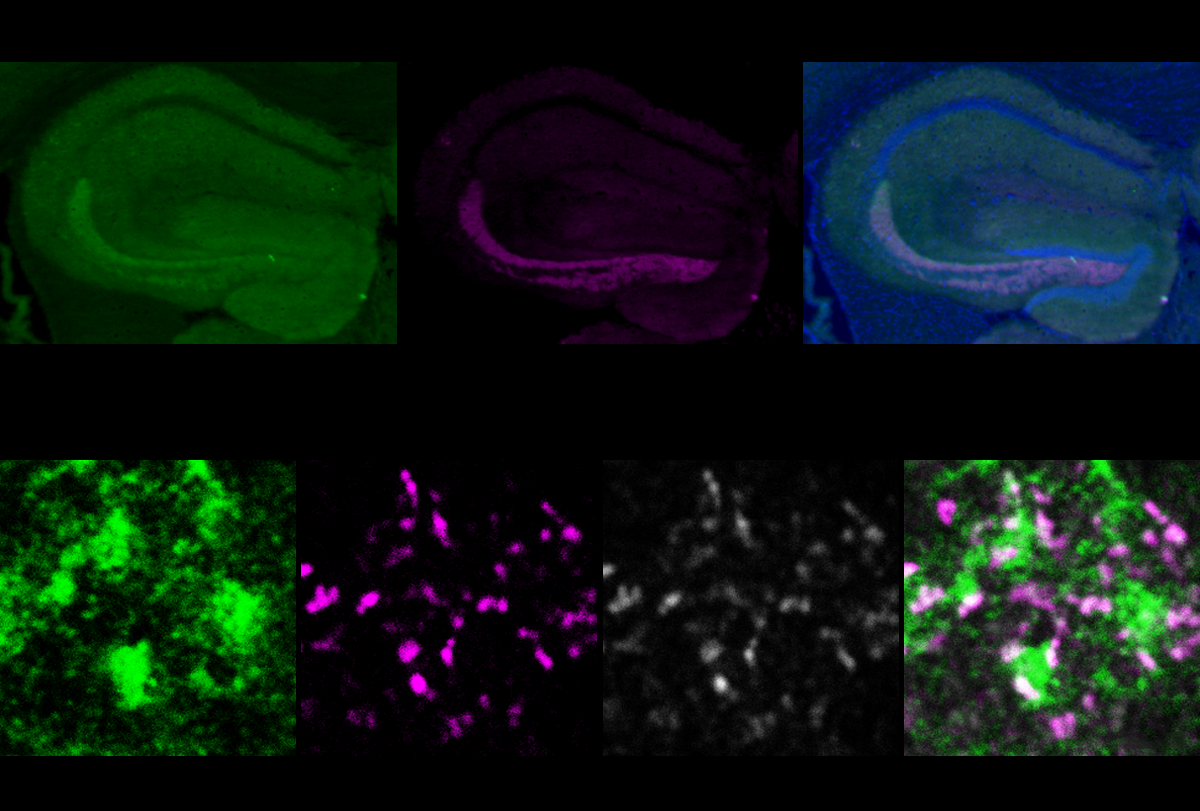
Some social issues in DYRK1A model mice stem from faulty inhibitory circuits
Alterations in inhibitory circuits and difficulties in social recognition characterize mice missing one copy of DYRK1A, a gene linked to autism.
Uncertainty and excitement surround one company’s cell therapy for epilepsy
After 10 years of work, Neurona may have the data to quiet its skeptics. But its ongoing clinical trial will be the ultimate test.
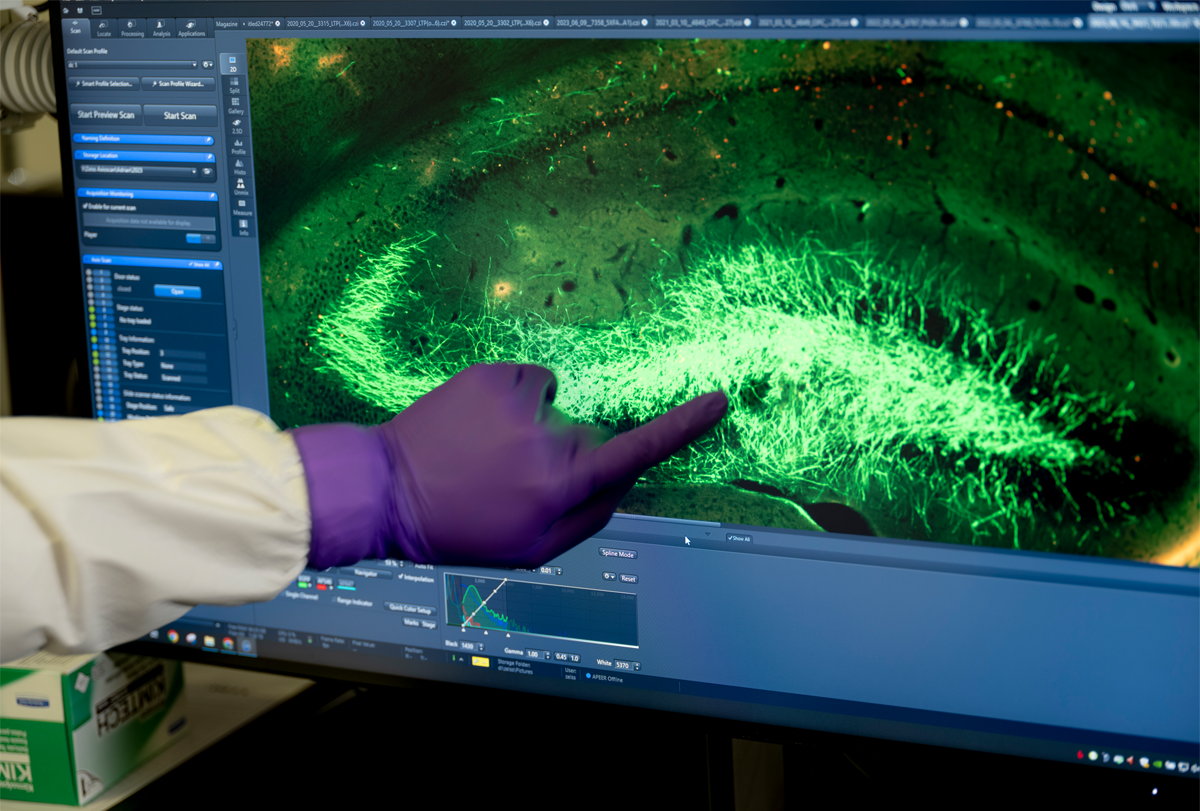
Uncertainty and excitement surround one company’s cell therapy for epilepsy
After 10 years of work, Neurona may have the data to quiet its skeptics. But its ongoing clinical trial will be the ultimate test.
Neuronal deafness to stress may add to protein surplus in fragile X
A protective pathway that pauses protein synthesis is muted in a mouse model of fragile X syndrome, according to a new study.
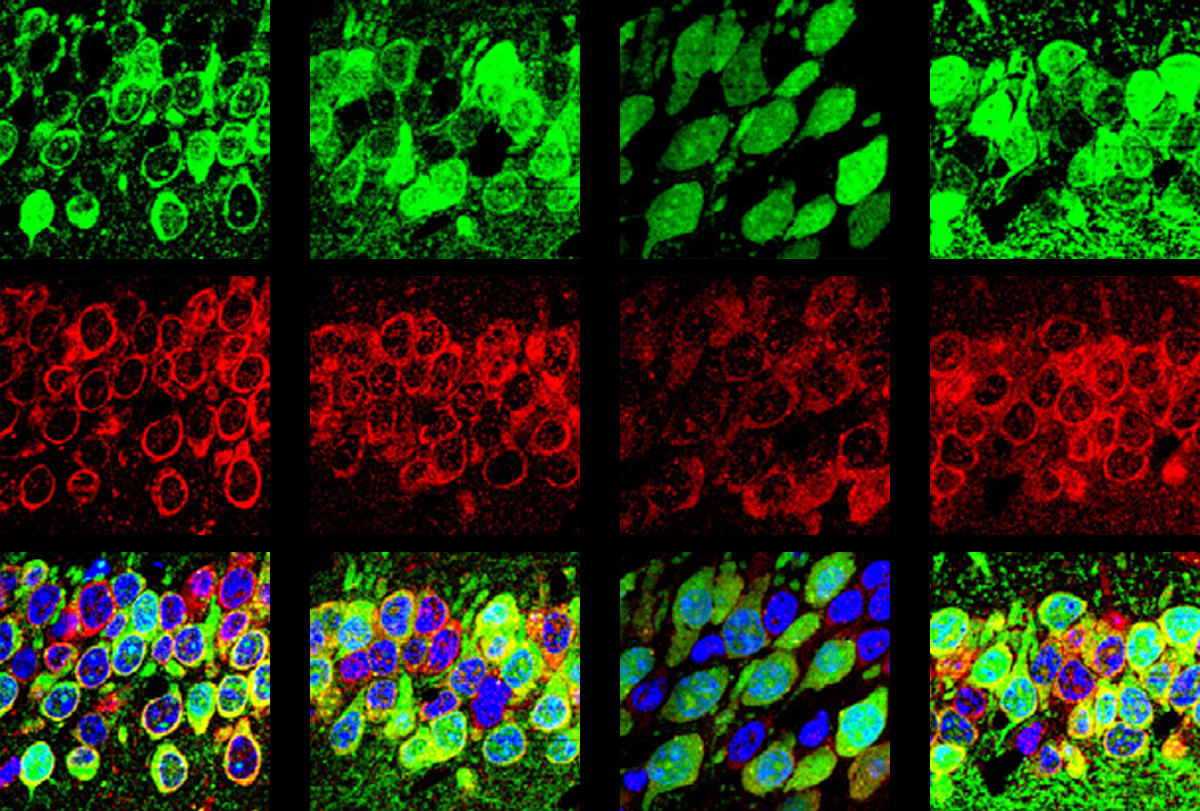
Neuronal deafness to stress may add to protein surplus in fragile X
A protective pathway that pauses protein synthesis is muted in a mouse model of fragile X syndrome, according to a new study.
Explore more from The Transmitter
Early trajectory of Alzheimer’s tracked in single-cell brain atlases
Inflammation in glia and the loss of certain inhibitory cells may kick off a disease cascade decades before diagnosis.
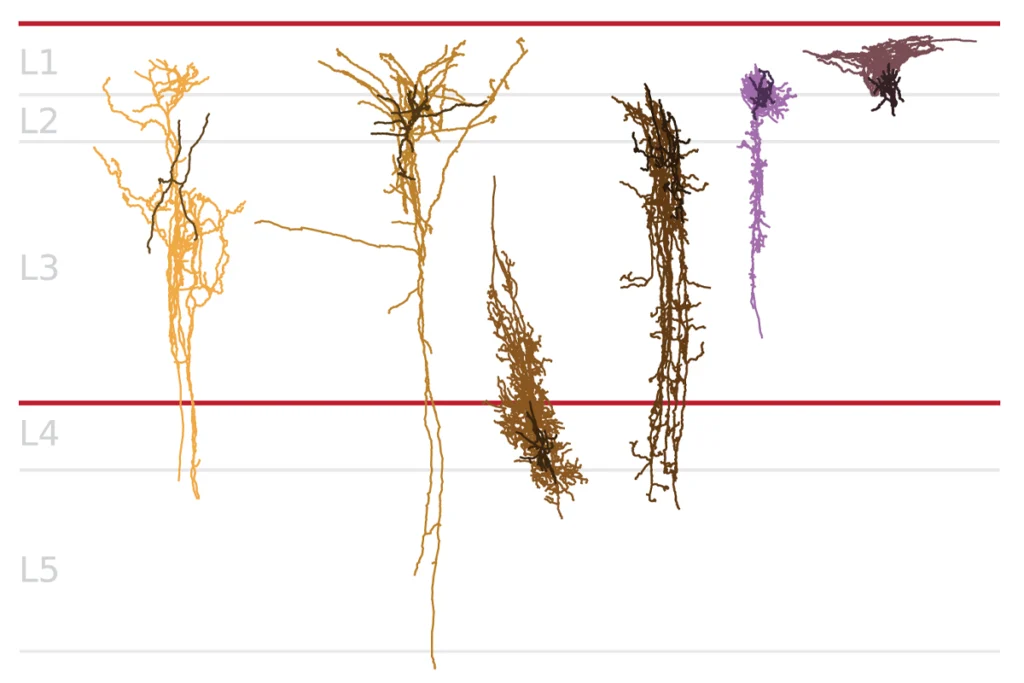
Early trajectory of Alzheimer’s tracked in single-cell brain atlases
Inflammation in glia and the loss of certain inhibitory cells may kick off a disease cascade decades before diagnosis.
Okur-Chung neurodevelopmental syndrome; excess CSF; autistic girls
Here is a roundup of autism-related news and research spotted around the web for the week of 21 October.
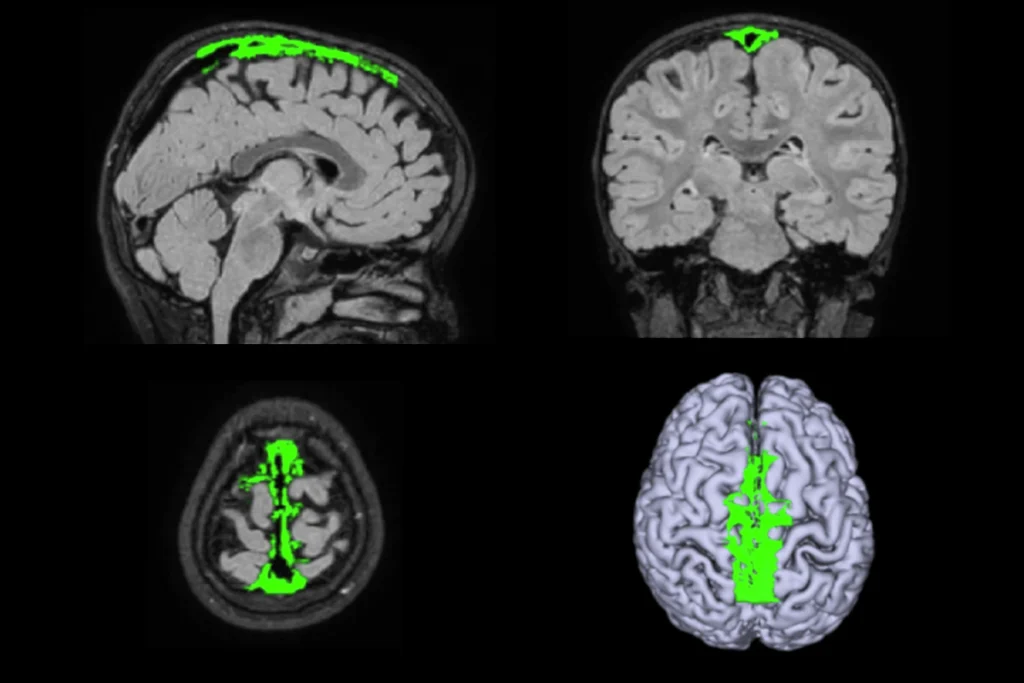
Okur-Chung neurodevelopmental syndrome; excess CSF; autistic girls
Here is a roundup of autism-related news and research spotted around the web for the week of 21 October.
Brains, biases and amyloid beta: Why the female brain deserves a closer look in Alzheimer’s research
New results suggest the disease progresses differently in women, but we need more basic science to unpack the mechanisms involved.
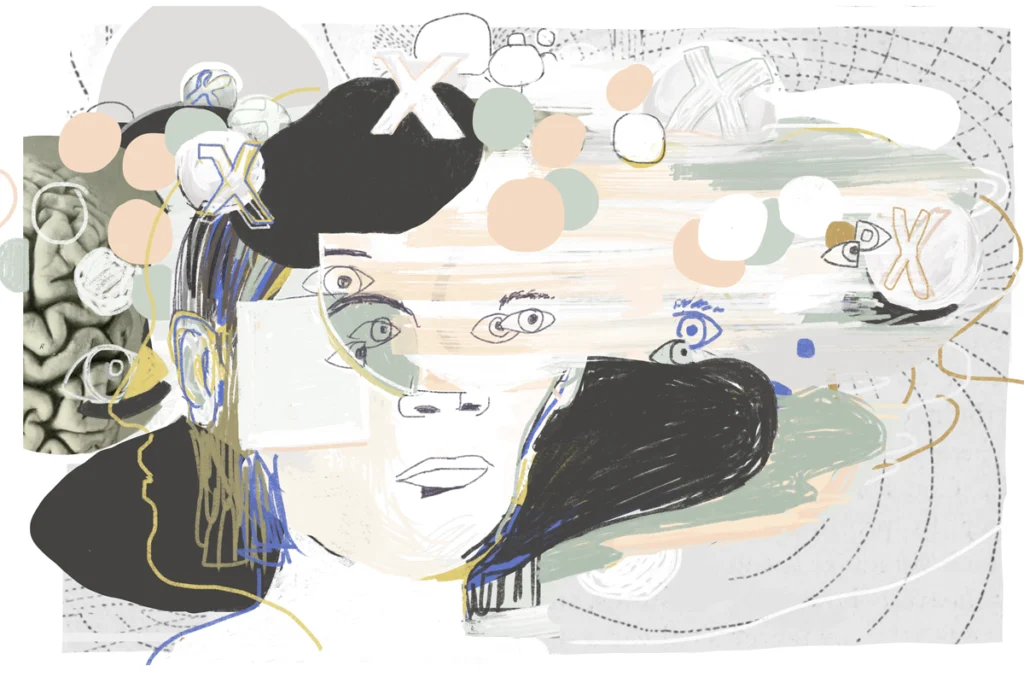
Brains, biases and amyloid beta: Why the female brain deserves a closer look in Alzheimer’s research
New results suggest the disease progresses differently in women, but we need more basic science to unpack the mechanisms involved.